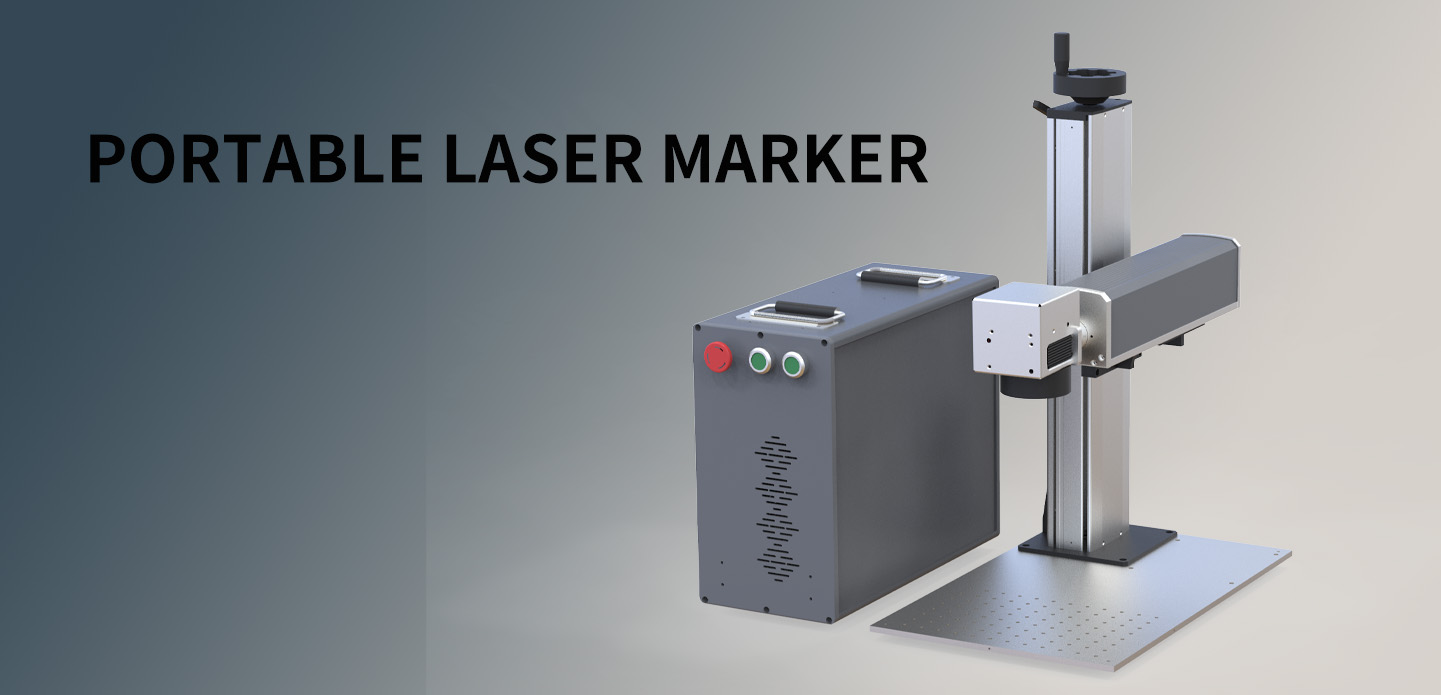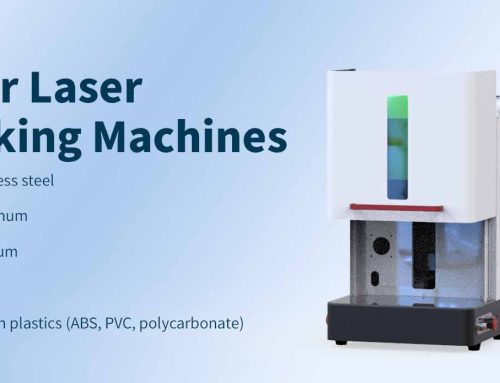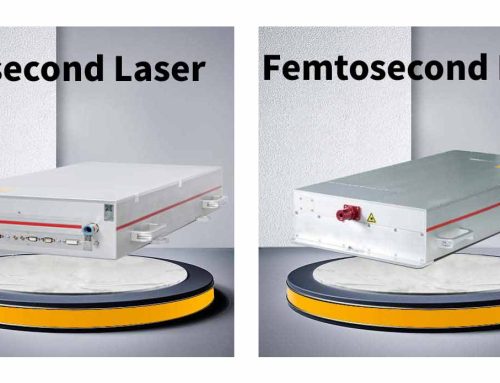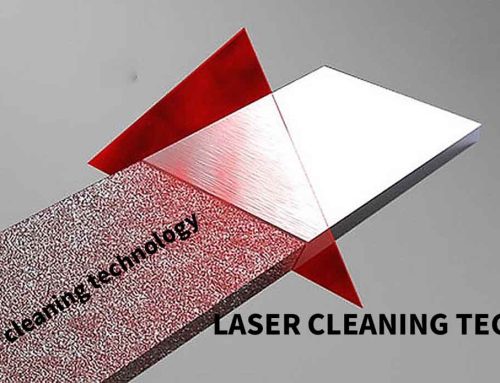Introduction to Portable Laser Markers
A portable laser marker is a compact and versatile laser engraving tool that offers the same high precision and quality as traditional stationary machines. With the advantage of portability, these devices allow users to engrave or mark on various materials such as metals, plastics, and ceramics, anywhere they need. Whether it’s for industrial applications or custom engraving in small spaces, portable laser markers provide unmatched flexibility and convenience.
Portable laser markers are particularly popular in industries that require on-site marking, such as automotive parts, jewelry, and manufacturing. Their portability allows for the engraving of serial numbers, logos, and barcodes with excellent accuracy, making them indispensable in modern manufacturing.
Fiber Lasers: A Game-Changer in the Industry
Fiber lasers have emerged as a revolutionary technology in the laser marking and engraving industry. They offer higher efficiency, better beam quality, and longer service life compared to traditional lasers. These lasers use optical fibers doped with rare-earth elements (like ytterbium) to generate the laser beam, which is then focused for engraving or cutting.
Fiber lasers are widely used in industries such as electronics, automotive, aerospace, and metal processing. Their key advantage is their ability to mark or cut materials like metals with unparalleled precision. Whether it’s stainless steel, aluminum, or brass, fiber lasers can deliver clean, sharp results every time.
The Cost of Fiber Lasers
One of the most frequently asked questions about fiber lasers is, “What is the price of a fiber laser?” The price can vary significantly depending on several factors:
Laser Power: Higher power fiber lasers, such as those used for cutting thick materials or high-speed applications, generally cost more.
Beam Quality: Higher-quality beams that produce finer results and better focus may come with a higher price tag.
Brand and Manufacturer: Leading manufacturers of fiber lasers often charge a premium for their superior technology, durability, and after-sales service.
Customization and Accessories: Additional features like cooling systems, motion systems, and software integration can add to the overall cost.
Generally, fiber laser prices can range from a few thousand dollars for basic systems to over $100,000 for advanced models designed for industrial-scale operations.
Pulsed Fiber Lasers: The Power of Short Pulses
Pulsed fiber lasers are a specific type of fiber laser that generates laser pulses instead of continuous beams. These pulses can be extremely short, making them ideal for precision applications that require minimal heat input. The key benefit of pulsed fiber lasers is their ability to perform high-precision engraving, cutting, and marking on a wide range of materials, with minimal heat-affected zones.
The power of pulsed fiber lasers lies in their ability to deliver short bursts of energy, which allows them to cut and engrave with incredible precision. This makes them suitable for a variety of tasks, including:
Micro-machining: Pulsed fiber lasers are ideal for making fine cuts in small, intricate parts.
Medical Devices: Their precision makes them perfect for manufacturing small medical components.
Aerospace and Automotive Industries: They can engrave or cut parts with high accuracy, ensuring quality and durability.
Benefits of Pulsed Fiber Lasers
High Precision: Pulsed fiber lasers deliver extremely fine and detailed results, making them ideal for applications requiring high accuracy.
Minimal Heat Impact: The short pulses reduce the thermal impact on the material being processed, ensuring that the surrounding areas are not affected.
Cost-Effective: While pulsed fiber lasers may have a higher upfront cost compared to traditional lasers, they save money in the long run due to their efficiency and reduced need for maintenance.
Applications of Pulsed Fiber Lasers
Engraving and Marking: Pulsed fiber lasers are used in industries that require high-quality engraving, such as electronics, jewelry, and tools.
Medical Industry: Used for cutting and engraving medical devices or implants with high precision, ensuring safety and reliability.
Automotive: Ideal for engraving serial numbers, barcodes, and logos on metal automotive parts.
Aerospace: Used for marking or cutting aerospace components, where precision is crucial for performance.
Conclusion: The Future of Laser Technology
The evolution of portable laser markers, fiber lasers, and pulsed fiber lasers is transforming industries worldwide. These technologies are empowering manufacturers to achieve higher precision, more efficiency, and lower operational costs. Whether you’re looking to implement fiber lasers for large-scale industrial projects or seeking the flexibility of a portable laser marker for custom work, the advancements in laser technology will continue to drive innovation across various fields.
If you’re interested in investing in fiber lasers or pulsed fiber lasers, be sure to evaluate your specific needs, budget, and desired results. With the right choice, you’ll be able to leverage the benefits of these cutting-edge technologies for years to come.






